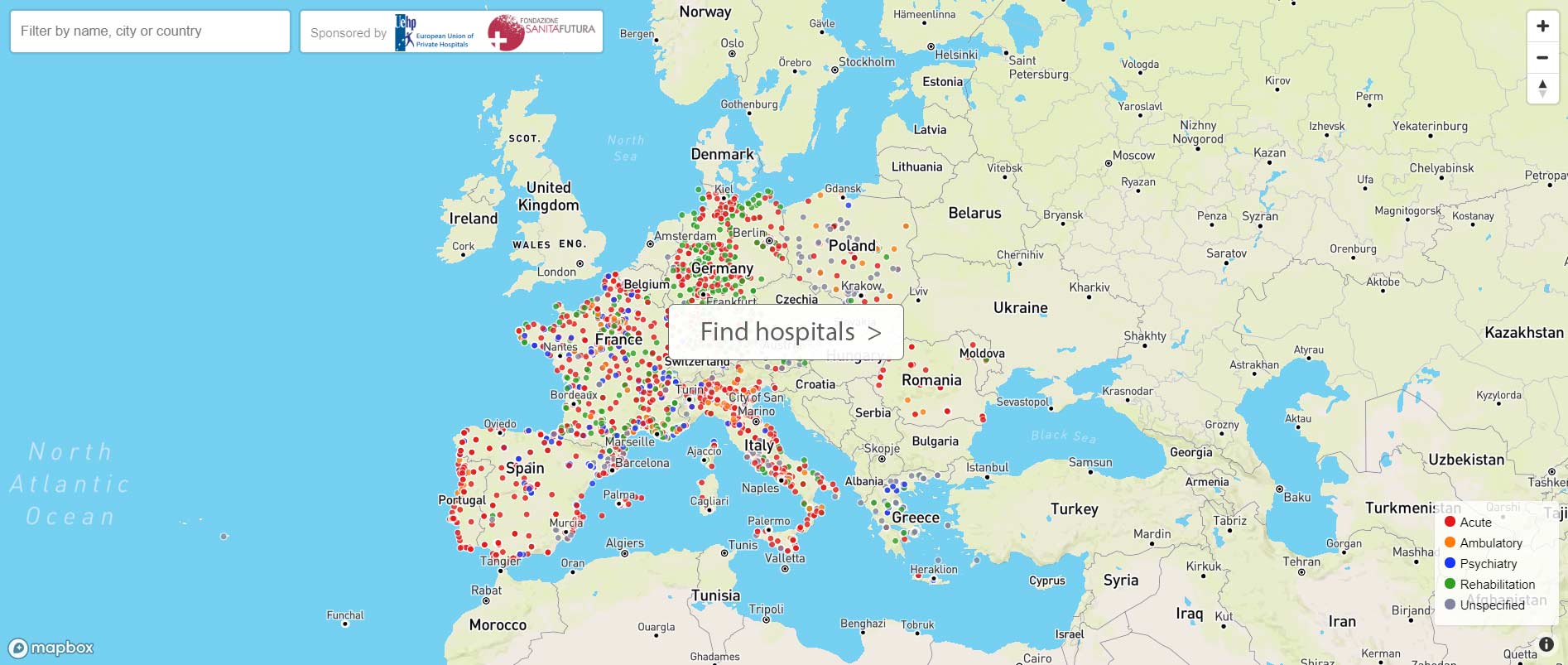The European Commission has been working hard since the beginning of the war in Ukraine to provide emergency aid inside the country and medical aid to refugees who are scattered in the EU member states and in Moldova, how is this all organized?
What we have learned from previous crises is that to be effective, actions must be coordinated. So the European Commission created in early March the network “Supporting Ukraine, neighbouring EU Member States and Moldova” on its EU Health Policy Platform, which is an interactive tool to engage civil society and stimulate discussion on public health issues, share knowledge and best practices and pool expertise.
The network “Supporting Ukraine, neighbouring EU Member States and Moldova” is now managed by 3 organizations coming from the health field: the European Cancer Organisation – ECO, the European Reference Networks – ERN and the European Federation of Nurses Associations – EFN. These organizations have an international network and connections with Ukraine.
The objective of the network and the webinars organized is to inform about the different activities undertaken at the European Commission level to support Ukrainian patients and health professionals, as well as neighbouring EU Member States and Moldova hosting Ukrainian refugees. The network also collects information from the field on the difficulties that aid agencies in the countries face, capacity problems, problems of access to health systems, as well as manpower problems.
It is a very dynamic and pragmatic network, which adds to the activities undertaken with the health authorities of the Member States, Ukraine and Moldova.
Concretely, what are the key actions of the last weeks?
In times of crisis, countries can activate the European Civil Protection Mechanism to request assistance. The European Commission coordinates the responses of the other Member States and then responds to the requests made by the ministries as soon as possible.
Since the end of February 2022, the European Commission has sent health teams, medicines, and basic equipment through this European Civil Protection Mechanism, which ensures 24/7 coordination with the Ukrainian authorities, as well as with Poland, Romania, Moldova, and Slovakia, countries that are currently hosting a large number of displaced persons.
The second main focus is the evacuation of emergency patients (wounded, emergencies, serious diseases…) by plane, train or medical vehicle. We have received nearly 500 requests by mid-May, and 300 transfers have been made to other countries, depending on the requests.
Then, the Council of the European Union decided in record time on March 4, 2022 to activate the Temporary Protection Directive, for all Ukrainians and residents of Ukraine who left the country after February 24.
This Temporary Protection Directive provides access to necessary health care in the country of the Union where the person is located. The Commission has encouraged Member States to give refugees full access to their health care systems, so that chronic patients in particular can be adequately cared for. Broad communication was done through interviews with the Ministries of Health of the different EU countries, but also through the Health Policy Platform in several languages, including Ukrainian and Russian, and the Commission’s website, with links to the websites of the Member States so that refugees can get information directly when entering an EU country. Member countries have been asked to check the vaccination status of incoming persons, for Covid but also for other vaccinations.
Note that Ukrainian refugees can move freely in the EU and can therefore register in another member country than the one of first stay, but the temporary protection applies only in one country, the one where the person lives in and has applied for protection. In general, refugees are integrated into the health care system of the countries and do not benefit from a specific channel.
What are the next urgent issues?
Recognition of diplomas and qualifications of Ukrainian health professionals. Many people who have left Ukraine have professional qualifications in the field of health, but are not able to bring their skills to the health services in their host country, if these professional qualifications are not recognized. We need these skills on the ground to care for these patients, many of whom do not speak the language of the country of arrival. The right to access the labour market is also an essential aspect of temporary protection.
The DG for Health and Food Safety has launched a call for projects for NGOs to carry out actions to protect the mental health of refugees. Agreements are also underway with the Red Cross in the host countries neighbouring Ukraine.
We salute the extraordinary work done in the field by associations, civil society and companies. It is an incredible momentum that is underway, unfortunately absolutely necessary.


